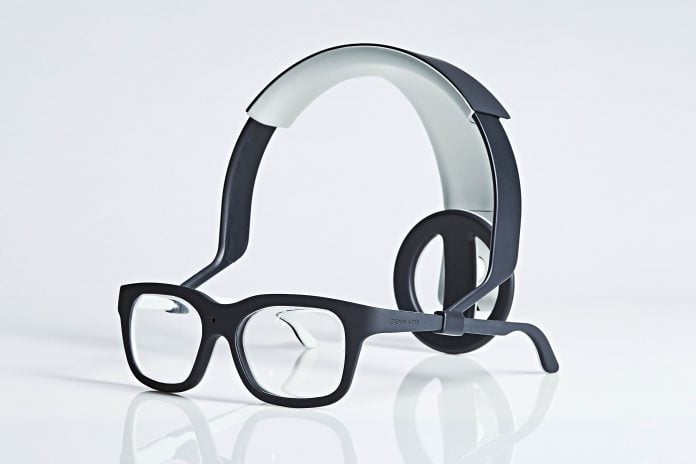A revolutionary cortical vision device, developed by Monash University researchers that could one day help restore vision to the blind, is being prepared for world-first human clinical trials in Melbourne.
Through Monash University’s Cortical Frontiers project, researchers have developed miniaturised, wireless electronic implants that sit on the surface of the brain and have the capacity to restore vision.
Further investigations have shown promise for this technology to deliver improved health outcomes to patients with otherwise untreatable neurological conditions, such as limb paralysis.
Many people who are clinically blind have damaged optic nerves. These prevent signals being transmitted from the retina to the ‘vision centre’ of the brain.
The Gennaris bionic vision system can bypass this damage, making it possible to treat many conditions that currently have treatment limitations. Gennaris is the brainchild of the Monash Vision Group (MVG).
The system comprises custom-designed headgear with a camera and wireless transmitter, a vision processor unit and software, and a set of 9×9mm tiles that are implanted into the brain.
The scene captured by the video camera in the headgear will be sent to the vision processor – similar in size to a smartphone – where it will be processed to extract the most useful information.
The Cortical Frontiers project involves Principal Investigator and Director of the Monash Vision Group, Professor Arthur Lowery; Professor Marcello Rosa and Dr Yan Wong from the Monash Biomedicine Discovery Institute; Professor Jeffrey Rosenfeld from The Alfred hospital; Dr Philip Lewis from Monash University’s Department of Electrical and Computer Systems Engineering; and other research colleagues.








